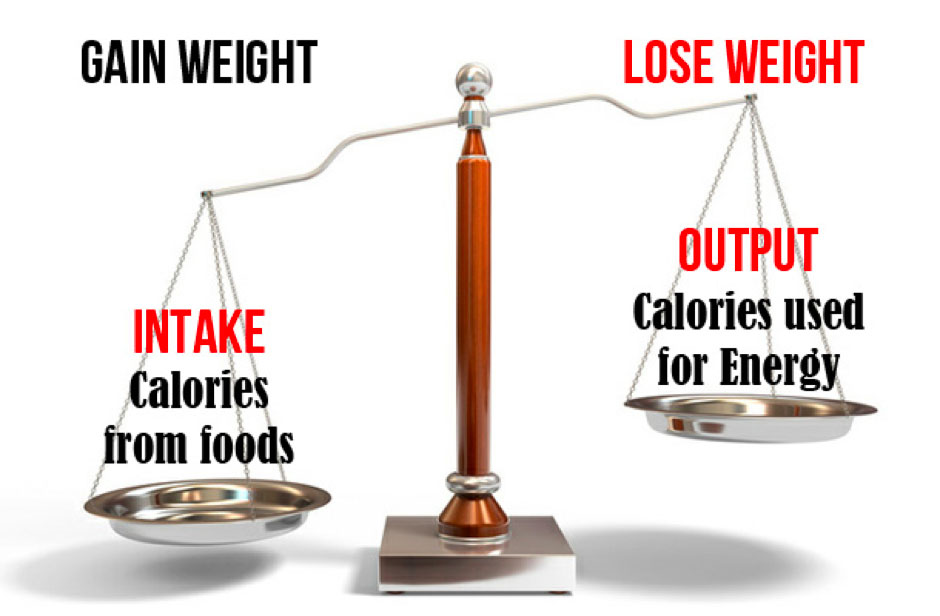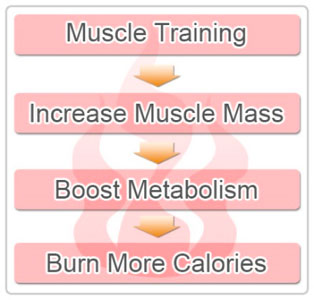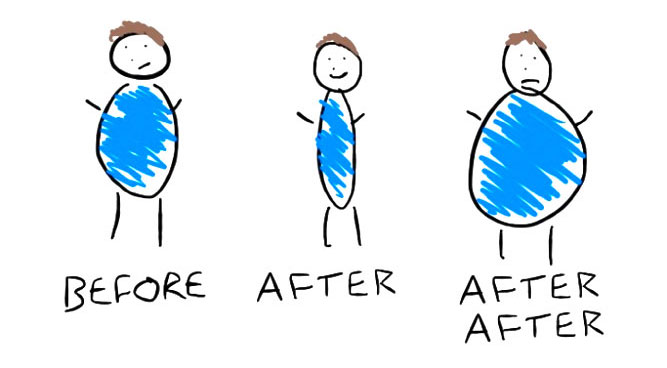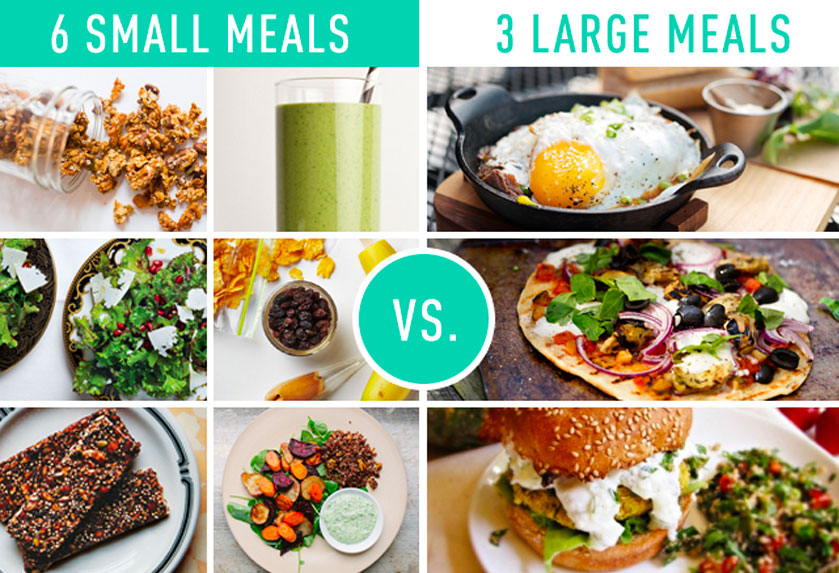
What Is A Calorie? Do I Need To Count Calories?
By Dr Megan
Weight management is in principle simple. However, the rise in popular “diets” and dieting trends has caused confusion. In fact, these trends often distract from the basic nutrition principles that are most important and from science-based evidence of how our bodies process and respond to foods. Here, I clarify what is a calorie and what this means for managing a healthy weight.Linked Text

Calories and Energy Balance
A calorie is a unit that measures energy and is usually used to measure the energy content of foods and drinks. For many years, the health & nutrition industry have advocated that the average woman needs about 2,000 calories and a man needs 2,500 calories per day to maintain a healthy weight. In my professional opinion and experience, this general rule cannot be applied and is far to generic. I recommend individuals seek to identify their own caloric requirements, based on their physical composition, size, activity levels, lifestyle, age, body goal (lose fat and/or gain muscle), medical history and much more.
In recent years, the importance of calories has been pushed aside. While calorie counting isn’t always necessary, total calorie intake still plays a key role in weight control and health.
Gaining Healthy Weight (Muscle)
If you put in more calories than you burn, you will store them as new muscle or body fat.
If you incorporate resistance training into your lifestyle, you can favour muscle building in this scenario. Given muscle burns more energy than fat, then this helps support a higher metabolic rate, which gives you a better chance of maintaining a healthy weight.
Note: Eating in caloric surplus to gain muscle needs careful planning, as it is far too easy to overdo it and gain body fat.

Losing Weight (Body Fat)
If you consume fewer calories than you burn every day (calorie deficit), you will lose weight, and depending on the types of foods you do or do not consume whilst in a calorie deficit you may be breaking down muscle preferentially compared to fat. Although you may be lighter, the result is a weaker (flabbier) body with a slower metabolic rate. Thus, the chances that you will re-gain that lost weight (plus more) is high. Often this weight gain is fat, so you end up having a higher percentage of body fat & less muscle mass.
Given muscle burns more energy than fat, then the less you have, the slower your metabolic rate, i.e. calories required to maintain a healthy weight. Hence, yo-yo dieting and weight fluctuations.
To promote fat burning whilst in a calorie deficient, a diet with enough protein to maintain muscle mass is best and ideally combined with resistance training 2-3 times per week.

Getting Started
You may need to count calories for a little while to understand what an appropriate portion-size is for you. But saying this, if you make vegetables the core component of each meal and add a portion of healthy lean protein + unrefined carbohydrates it is almost impossible to gain weight. Vegetables are high in fibre, vitamins and minerals and contain a large amount of water, meaning it fills your tummy with very few calories. I dare you to eat a bowl of broccoli and get fat.
Bottom Line
Eat more calories than you burn, and you gain weight, eat fewer and you lose weight.
It does not matter if you eat 5-6 meals a day, or 3 meals a day or eat in a narrow window e.g. the 16:8 diet (eating between 12-8pm), the most important thing to note is how much energy/food you eat in a given 24h period.
Now of course everyday likes to eat differently so find an eating pattern that suits you and your lifestyle and stick to it. Consistency is the key. And remember food is one of life’s pleasures so having a positive relationship with food is another essential element to long-term weight management and having a healthy body.
